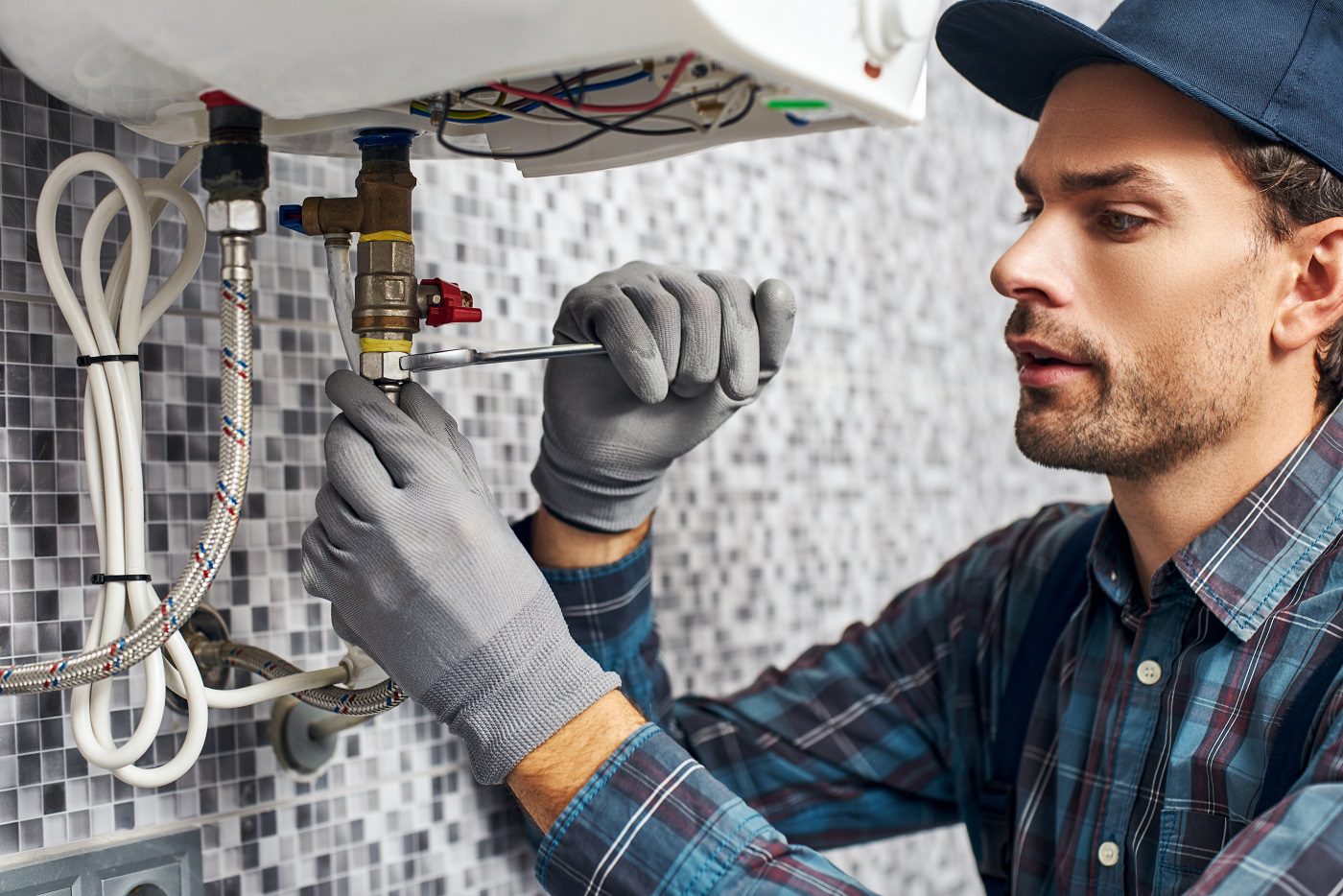A reliable hot water system is essential for the comfort and convenience of every household. Understanding how hot water systems work and knowing how to maintain them properly can save you from unexpected cold showers and costly repairs. In this comprehensive guide, we will delve into the world of plumbing hot water systems, covering everything you need to know to ensure a steady supply of hot water in your home. From the different types of systems available to troubleshooting common issues and maximizing energy efficiency, let’s explore the intricacies of hot water systems together.
I. Types of Hot Water Systems:
There are several types of hot water systems commonly used in residential properties. Understanding the differences between them can help you choose the most suitable option for your needs. Here are the main types:
- Storage Tank Systems: These systems store heated water in a tank, which is then distributed to various fixtures when needed.
- Tankless (On-Demand) Systems: Tankless systems heat water directly as it flows through the unit, providing hot water on demand without the need for a storage tank.
- Heat Pump Systems: Heat pump systems extract heat from the air or ground and use it to warm the water, making them energy-efficient alternatives to traditional systems.
- Solar Systems: Solar hot water systems utilize sunlight to heat the water, reducing reliance on traditional energy sources.
II. Installation and Maintenance:
Proper installation and regular maintenance are crucial for the optimal performance and longevity of your hot water system. Here are some key points to consider:
- Professional Installation: Hiring a licensed plumber is recommended to ensure the system is correctly installed, including proper connections, venting, and safety measures.
- Routine Inspections: Regularly inspecting your hot water system for leaks, corrosion, and sediment buildup can help identify issues before they escalate.
- Flushing the Tank: Sediment buildup in storage tank systems can affect efficiency and lifespan. Flushing the tank annually helps remove accumulated sediments and improves performance.
- Temperature and Pressure Relief Valve Testing: The temperature and pressure relief valve is a safety feature that releases excess pressure. Testing it periodically ensures it functions correctly.
- Anode Rod Replacement: Anode rods protect the tank from corrosion. Inspect and replace them as necessary to extend the lifespan of your system.
III. Troubleshooting Common Issues:
Hot water systems may encounter various issues over time. Understanding how to troubleshoot common problems can save you time and money. Here are some common issues and possible solutions:
- Insufficient Hot Water: Check for thermostat malfunctions, sediment buildup, or a faulty heating element. Adjusting the temperature setting or flushing the tank might resolve the issue.
- No Hot Water: Verify power supply, circuit breakers, and pilot light (if applicable). If all these components are functioning, it might indicate a faulty heating element or a gas supply problem.
- Strange Noises: Banging or rumbling sounds can be caused by sediment accumulation or a malfunctioning heating element. Flushing the tank or replacing the element can help.
- Leaks: Leaks can occur due to damaged pipes, faulty valves, or a deteriorating tank. Identify the source of the leak and consult a professional plumber for repairs.
Conclusion:
Plumbing hot water systems may seem complex, but with the knowledge gained from this comprehensive guide, you’re equipped to make informed decisions and effectively maintain your system. Remember to choose the right system for your needs, ensure professional installation, and conduct regular maintenance to maximize performance and efficiency. By troubleshooting common issues promptly and seeking professional assistance when needed, you can enjoy the comfort of hot water reliably. With this knowledge in hand

